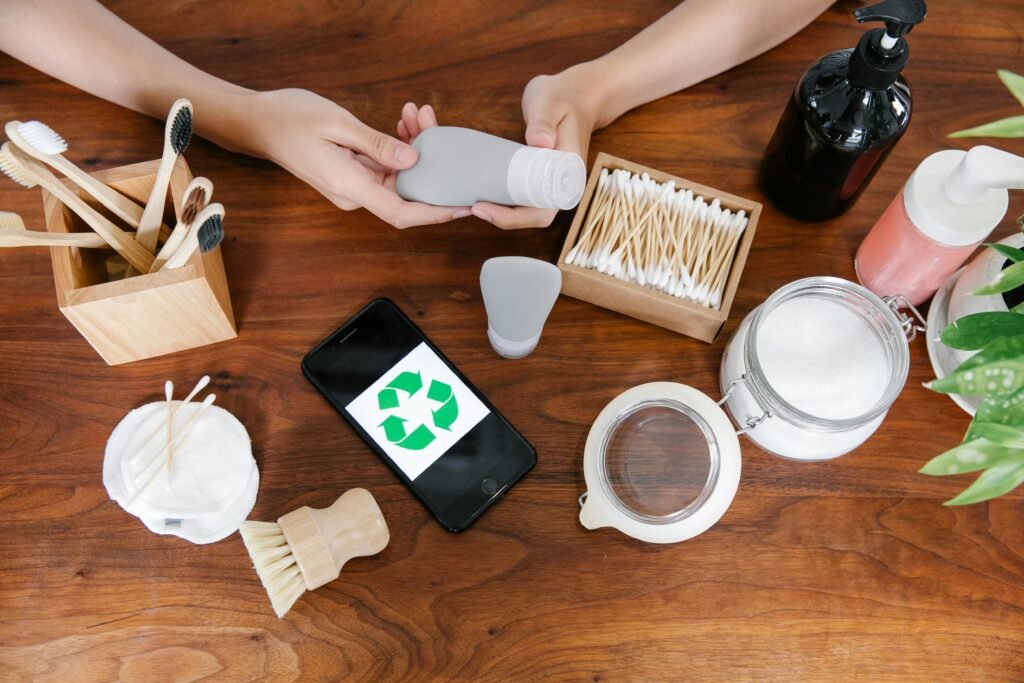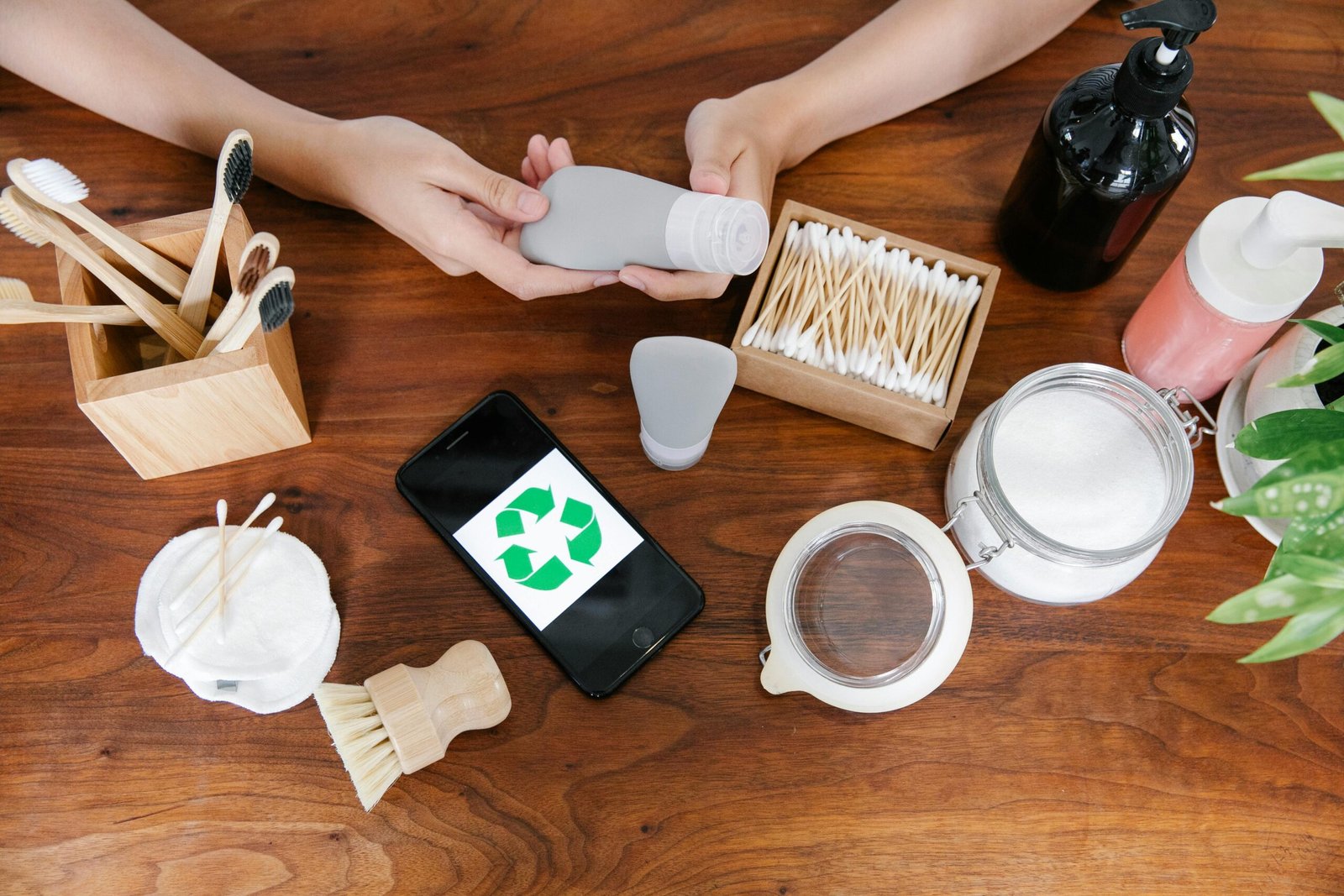Are eco-friendly products Really Eco-Friendly?

Are Eco-Friendly Products Actually Eco-Friendly?
In a world where sustainability is a growing concern, many brands market their products as “eco-friendly.”. But are these items truly beneficial for the environment, or is it just greenwashing? Let’s explore the facts behind eco-friendly products.
What Makes a Product Eco-Friendly?
For a product to be genuinely sustainable, it must:
- Be made from natural, renewable, or recycled materials.
- Have a low carbon footprint during production and transportation.
- Be biodegradable or recyclable, reducing landfill waste.
- Avoid harmful chemicals that pollute the environment.
The Issue of Greenwashing
Many companies claim sustainability without backing it up. Greenwashing is when brands mislead consumers into thinking a product is eco-friendly when it’s not. Some common signs include:
- Vague labels like “natural” or “green” without certification.
- Plastic packaging for supposedly sustainable products.
- Minimal environmental benefits, where only a small part of the product is truly sustainable.
Are Eco-Friendly Products Always Better?
While many green products help reduce environmental impact, some can be misleading. For example:
- Biodegradable plastics may take years to break down in landfills.
- Organic cotton uses less pesticide but requires more water.
- Electric cars reduce emissions but depend on lithium mining, which has its own environmental issues.
How to Choose Truly Eco-Friendly Products
To ensure you’re making the right choice, look for:
- Third-party certifications like FSC (Forest Stewardship Council), Fair Trade, or Energy Star.
- Minimal or plastic-free packaging to cut down waste.
- Durability—long-lasting items reduce frequent replacements.
- Ethical sourcing to support fair wages and eco-conscious production.
Final Thoughts
Not all eco-friendly products are truly sustainable. Being a conscious consumer means researching brands, checking certifications, and choosing products that genuinely benefit the planet. Always opt for quality over quantity and support brands that prioritize transparency and sustainability.




